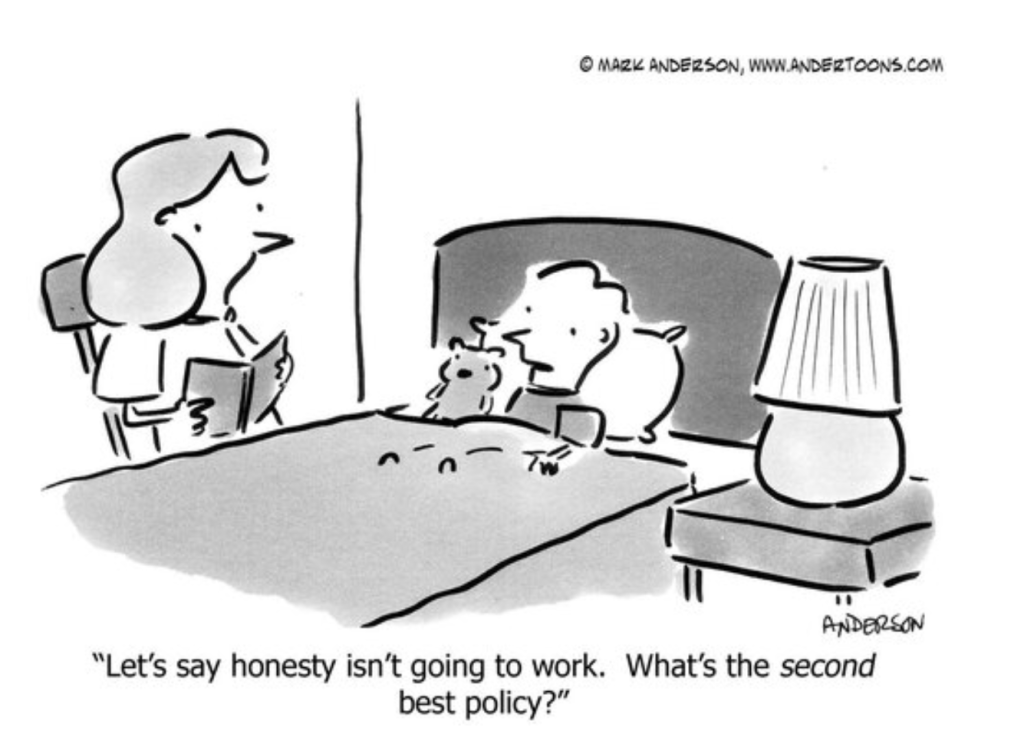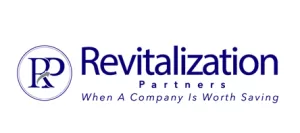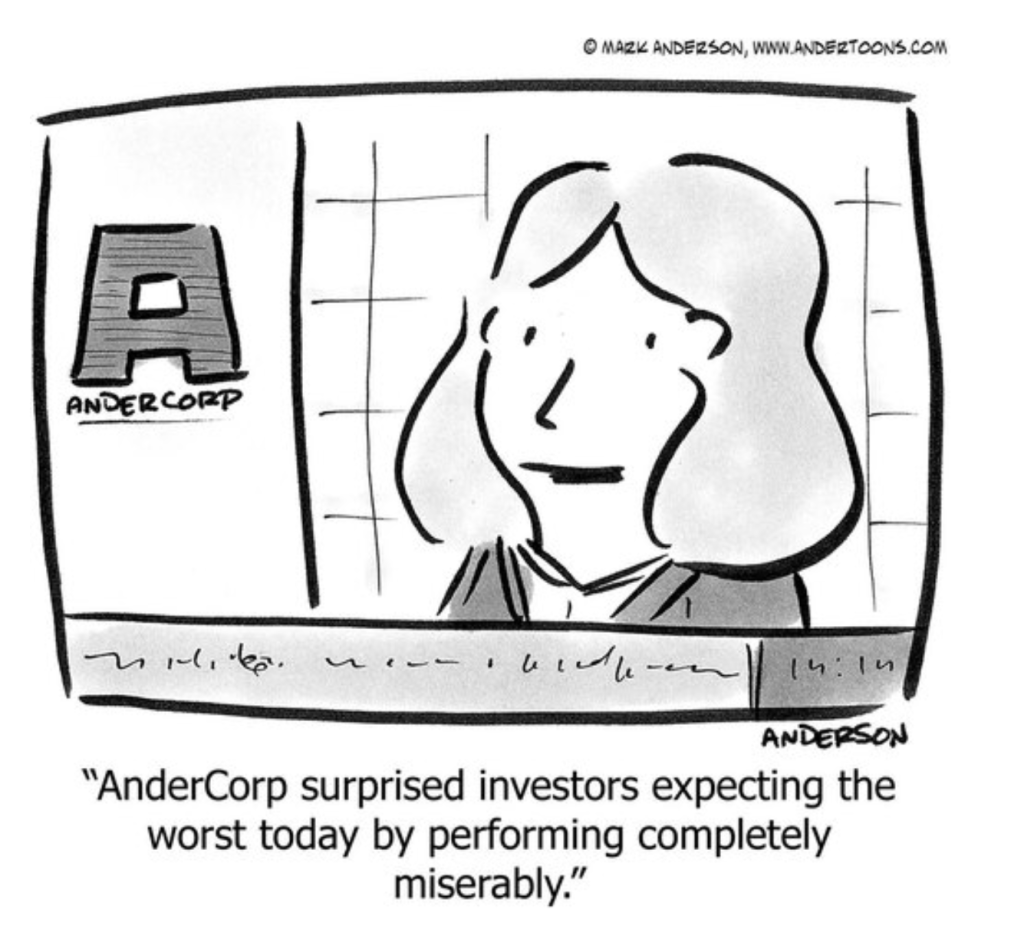 There have been numerous articles, books, movies and documentaries published about the Elizabeth Holmes – Theranos story over the years.
There have been numerous articles, books, movies and documentaries published about the Elizabeth Holmes – Theranos story over the years.
In recent years, however, the focus has been on how Elizabeth Holmes could go from a CEO of a company with a $9 Billion valuation to one that has been convicted by a jury in California on four counts of fraud, each of which carries a maximum sentence of 20 years in prison.
The question that must be asked is how she was allowed to perpetuate these egregious acts and how did the board of directors and investors miss some of the obvious signs that were there?
She certainly had many high-profile investors, advisors and board members that supported her until they didn’t.
Notably respected names like Henry Kissinger, George Schultz and General James Mattis were on her board of directors. Investors included high profile marquee billionaires such as Rupert Murdoch, Betsy DeVos, Robert Kraft and Larry Ellison.
All of these esteemed individuals are highly experienced, savvy individuals, with years of investing and business experience.
How could they be misled and/or not see the obvious signs that things could and would go wrong?
WE INVESTIGATED SIMILAR SITUATIONS …
 Revitalization Partners has been engaged to investigate similar situations where lenders or investors have been defrauded.
Revitalization Partners has been engaged to investigate similar situations where lenders or investors have been defrauded.
While none of the engagements were on the grand scale of the Theranos case, nonetheless, they were situations where multiple millions of dollars were lost.
We were asked to find out:
> how much was actually lost,
> what circumstances led up to the discovery of the fraudulent acts,
> who perpetuated the fraud,
> and to assist the stakeholders in recovering the funds that were lost.
A FEW EXAMPLES …
![]() In one example, a business owner borrowed money from a lender under fraudulent circumstances and then used the funds for personal expenditures such as expensive cars, boats and on funding an illegal business.
In one example, a business owner borrowed money from a lender under fraudulent circumstances and then used the funds for personal expenditures such as expensive cars, boats and on funding an illegal business.
![]() Another example relates to an investor who had invested in a business, and the CEO and controller of the business subsequently used the investor’s personal information without their knowledge to take out multiple high-interest loans in the investor’s name that included personal guarantees.
Another example relates to an investor who had invested in a business, and the CEO and controller of the business subsequently used the investor’s personal information without their knowledge to take out multiple high-interest loans in the investor’s name that included personal guarantees.  The loan proceeds were used to fund personal expenditures of the individuals involved. During the course of the engagement, we found obvious early warning signs that could have been seen earlier and we asked the same question, how did this happen and how could this have been caught earlier?
The loan proceeds were used to fund personal expenditures of the individuals involved. During the course of the engagement, we found obvious early warning signs that could have been seen earlier and we asked the same question, how did this happen and how could this have been caught earlier?
IGNORED EARLY WARNING SIGNS …
There are a number of early warning signs that are consistent in almost every situation, and it is important that investors, board members, advisors and lenders be vigilant and take extra steps to make sure they are protecting their interests.
 Some of the consistent warning signs that were prevalent in the Theranos story and that we have also seen include:
Some of the consistent warning signs that were prevalent in the Theranos story and that we have also seen include:
- Grandiose business plans that are not supported by well-documented, achievable, detailed operational and financial plans. Furthermore, management does not adequately explain how these results will actually be achieved. The phrase “Fake it until you Make it” may be in play.
- Financial statements that are not complete or are repeatedly not prepared in a timely fashion. It may be a sign that books and records may not be accurate, or that someone is trying to conceal something.
 Inability to answer questions about the business in clear and concise terms supported by facts and/or have answers that consistently change as to the facts or reasons for business decline. This may be a sign that management does not have a plan or is making up facts along the way.
Inability to answer questions about the business in clear and concise terms supported by facts and/or have answers that consistently change as to the facts or reasons for business decline. This may be a sign that management does not have a plan or is making up facts along the way.- CEO’s who limit access to key executives or make excuses about why executives are not available when key stakeholders ask to meet with them.
- Income statements that reflect year over year increasing profits, at the same time when cash flow does not reflect the same reality, and/or there is excessive borrowing on the company’s credit lines. It may be a sign of financial fraud and may potentially impact the lender.
- Management consistently rejects bringing in outside advisors when the board of directors recognizes that management might need help or that they may not be providing adequate information. Management does not want anyone to see what’s really going on inside of a company.
IF IT’S TOO GOOD TO BE TRUE …
 It’s important to note that these warning signs don’t always mean that executives are committing fraud.
It’s important to note that these warning signs don’t always mean that executives are committing fraud.
They are useful, however, for key stakeholders to keep in mind as they hold the CEO and key executives accountable for managing the business and for representing an honest and transparent view of what is going on.
And in the case of Theranos, stakeholders should have remembered the old adage, if it’s too good to be true, it probably is!
Revitalization Partners specializes in improving the operational and financial results of companies and providing hands-on expertise in virtually every circumstance, with a focus on small and mid-market organizations. Whether your requirement is Interim Management, a Business Assessment, Revitalization and Reengineering, a State Receivership or Bankruptcy Support, we focus on giving you the best resolution in the fastest time with the highest possible return.



